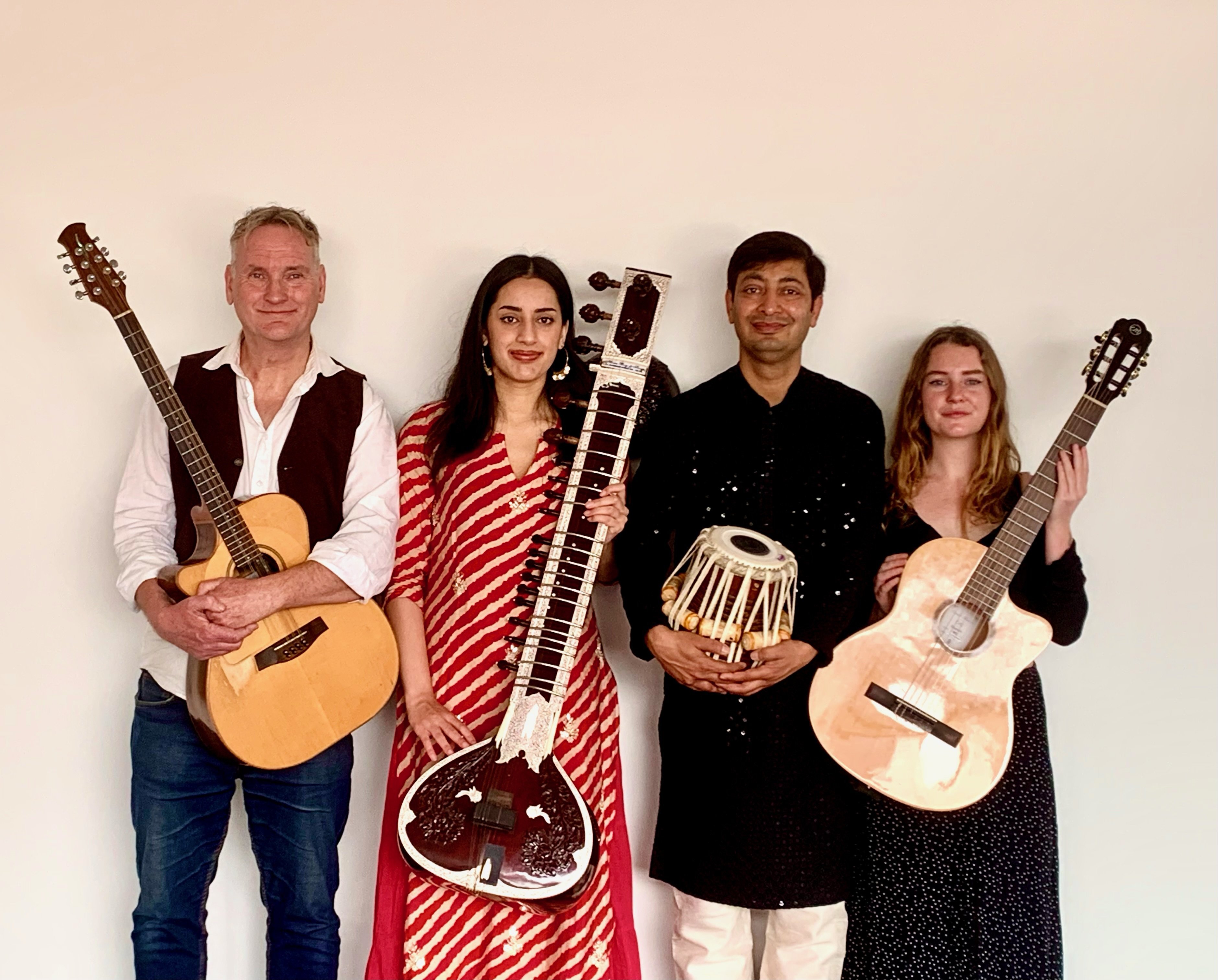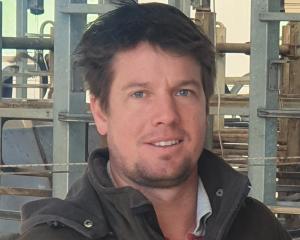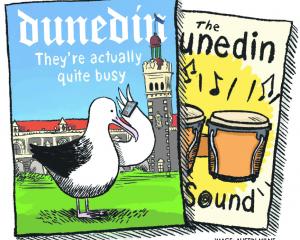
Rebecca Fox talks to Indian musicians Basant Madhur and his daughter Sargam and Irish musicians Jon Sanders and his daughter Jenny Os.
When Indian musician Basant Madhur and his Irish counterpart Jon Sanders first started performing together, their daughters were just young teenagers.
"They saw us from a young age playing together, now they are all grown up as musicians. Now they play with us in the concerts - it’s fascinating for us as dads", Madhur says.
It is also fascinating for the audience as Madhur is known as one of New Zealand’s top proponents of Northern Indian traditional music as well as a highly regarded tabla (Indian classical drum) player while Sanders, a bouzouki (like a base mandolin), ukulele and guitar player, is known for his Irish and folk music, as well as his compositions.
Sanders says it was "love at first sight" when the pair first heard each other play eight years ago when he was out from Ireland to perform.
They soon got together to play, believing their music would meld beautifully. Both nations have a tradition of families making music together.
"We complemented each other. The feeling was so great. We started from there and never stopped", Madhur says.
Whenever Sanders is in New Zealand, which is most summers, they get together to perform in Auckland and other mostly small centres in the North Island.
"We’ve learnt a lot from each other and people seem to like these sort of collaborations."
The joy of the pairing for Madhur is that it brings people together.
"They see how the music harmonises. Why can’t people harmonise too? These collaborations are very important."
Sanders, who is London born, but lives in Dingle, Ireland, agrees.
"It’s very joyful, people say they feel uplifted afterwards. It takes you to another place altogether."
In this concert they each play their own forms of music before combining to play pieces influenced by either Indian or Irish music.
"People will see many different combinations. It’s a fusion, it’s hard to put in words, keeping the purity, a link between the music", Madhur says.
Sanders sees many links between the two forms of music. His own compositions have a spiritual base to them, as does a lot of Indian music, then there are some similarities between the timings and the scales.
"I’ve always been fascinated with that. Indian and Irish music fuse very well together. A traditional Irish style of singing unaccompanied, sounds very much like Indian classical singing ... so you wonder how it travelled to Ireland from India. There’s a mystery in it all, which is quite fascinating."
Dunedin audiences will know Sanders and his daughter from the Whare Flat Folk Festival and performance at the Dunedin Folk Club last year, but it is the first time he and Madhur have brought any of their joint East meets West-type shows to the South Island.
"It’s quite exciting."

He grew up in a musical family, all his siblings played as his father Shukdev Madhur Sargam is a professor of music.
At first Madhur tried to learn the sitar (a plucked string instrument like a guitar) at his father’s request, but it did not work for him.
"I tried, but I didn’t feel the connection, but once I touched the tabla (Indian classical drum) I [felt] the connection. I thought ‘I really enjoy playing this’."
He is not sure why the tabla appealed. It is possibly because he enjoyed the the rhythm.
"In the childhood I did not understand the melody."
It also probably helped that his teacher once inferred he could not play it.
"I was insulted, it was good for me in the long run, the challenge."
He started off learning from his elder brother Deepak Madhur and then from Punjab Gharana tabla maestro, the late Pt. Pawan Kumar Verma. As a teenager he received numerous awards at state, zonal and national level youth festivals. As his career progressed, he played with many of the major stars of Indian music.
So when he found little of the music in New Zealand and people keen to learn about it, he decided to carry on the family tradition. He went on to open the Sargam School of Indian Music in Auckland in 2006, and in just four years the school had taught more than 300 musicians. In 2008 he received the Award of Appreciation for his contribution to the field of music by GOPIO (Global organisation of People of Indian Origin New Zealand).
"My father tell me to do something you like and benefits the community. It has connected with so many people. I didn’t plan it."
Given the family involvement in music, it is not surprising his children also play. His daughter Sargam says her father chose the instrument she was to play.
"On my 10th birthday he gave me a sitar to try out. I was good enough so I continued. I enjoyed it and I liked playing with family, my cousin also plays tabla so when we play together it’s fun."
She started out learning from her grandfather and has also taken lessons from a teacher in Deli.
"After six months she started teaching me, then my father started teaching her", Madhur says.
"She doesn’t practice as much as she should do."
Music is a hobby for the young musician who is studying pharmacy at university.
"It’s a great creative outlet and it is good to have something different to do", Sargam says.
The tour of the South Island will be a first for Sargam who has only played one or two nights in a row before at arts festivals in Auckland and Tauranga.
"I’m a bit nervous. It’ll be interesting."
Sanders’ daughter Jenny, who sings and plays guitar, is also a bit nervous, she has only in recent years began to dedicate more time to her music. While she grew up in Dingle, in a musical community with a musical father and has always sung, it was not until she came out to New Zealand to visit her father while he was on tour that she realised there might be more to it for her.
"I sung a few songs with him and really enjoyed it."
When Covid hit and lockdowns ensued, she realised she really enjoyed being involved in music and began to play a lot more. Then, when travelling opened up again, she went around Eastern Europe busking along the way.
But this Arts On Tour trip with her father and the Madhurs really appealed as she had always loved Indian music.
"Of any genre, it’s the one that gives me the most goosebumps and the most emotions. It’s amazing."
She is also looking forward to returning to the South Island where she has found the crowds to be really appreciative.
"We all get on really well, so we’ll see what we come up with."
To see
India Meets Ireland
• St Andrew’s Church, Cromwell, February 10, 7.30pm;
• Arrowtown Athenaeum Hall, February 11, 4pm;
• Eastern Southland Gallery, Gore, February 13, 8pm; e Rau O Te Huia SIT
• Centre for Creative Industries, Invercargill, February 14, 6pm;
• Dunedin Regent Theatre Clarkson Studios, February 15, 7.30pm.













